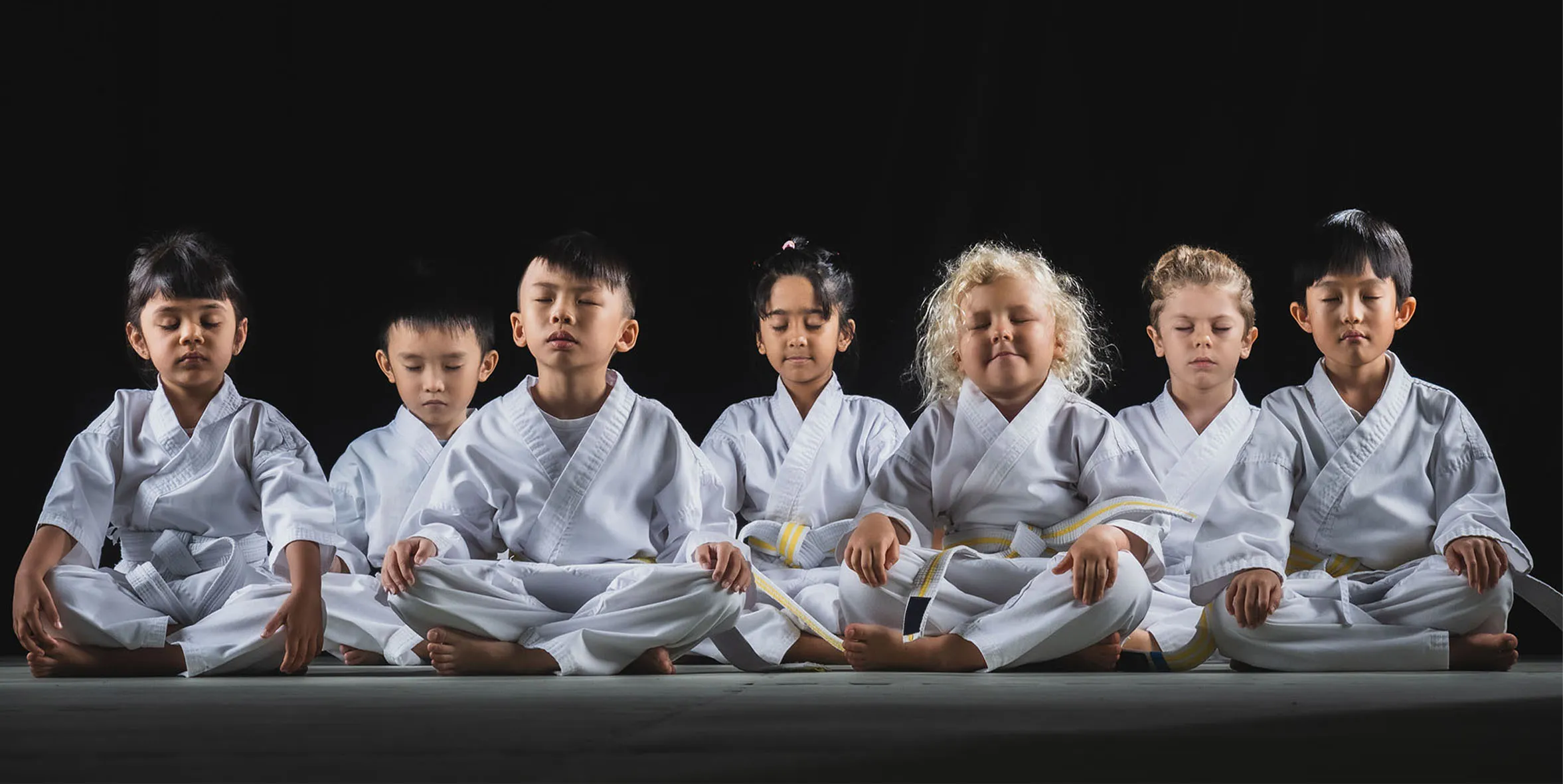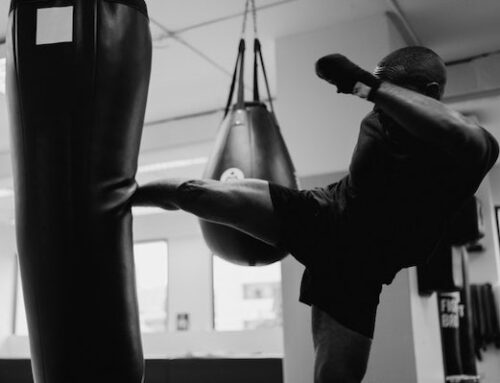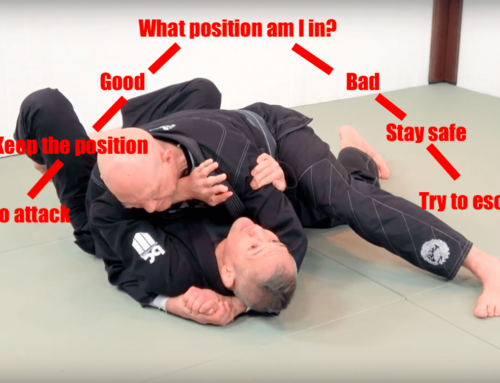In the modern world, we often find ourselves contending with stress, anxiety, and a multitude of distractions. Amid the chaos, we might need to remember to prioritize our mental well-being. Many have discovered an effective way to ease the stress of daily life and improve mental health: through martial arts training.
At Pride Martial Arts Academy, we are passionate about revealing the powerful benefits of Mixed Martial Arts (MMA), Tae Kwon Do, and Jiu Jitsu for not only physical fitness but also mental health.
We’ve all heard the sayings “mind over matter” and “healthy body, healthy mind.” When it comes to martial arts training, these statements hold. Beyond honing physical strength and self-defense skills, practicing martial arts fosters a deep connection between mind and body, creating internal harmony and balance. Through dedicated practice, individuals can cultivate increased focus, reduced stress, and overall mental well-being.
In this blog post, we’ll explore how martial arts training can boost your mental health and cognitive functioning. We will also discuss specific practices and techniques used in MMA, Tae Kwon Do, and Jiu Jitsu that help establish a strong mind-body connection. Finally, we will share tips and advice for integrating these disciplines into your routine as a powerful tool for enhancing your overall mental well-being.
Mental Health Benefits of Martial Arts Training
- Reduced Stress and Anxiety: Martial arts training is an excellent stress reliever, providing a productive outlet for pent-up energy and negative emotions. The concentration required during practice also helps to reduce anxiety by shifting focus away from stressors.
- Improved Focus and Cognitive Function: By emphasizing mental discipline and mindfulness, martial arts training enhances focus, memory, and overall cognitive function.
- Increased Self-Esteem and Confidence: As practitioners progress in their martial arts journey, mastering new skills and facing challenges, they experience increased self-esteem and confidence in their abilities.
- Emotional Balance and Resilience: The mental and emotional fortitude developed through martial arts training helps individuals maintain emotional balance and bounce back from life’s adversities.
Martial Arts Disciplines and Techniques for Mental Health Improvement
- Mixed Martial Arts (MMA): MMA training requires intense focus and concentration, building mental fortitude, and fostering personal growth. The wide range of martial art techniques involved in MMA can also help to alleviate stress by providing a fun and exciting outlet for physical tension.
- Tae Kwon Do: This high-energy martial art encourages mindfulness through its emphasis on proper form and technique. The discipline required in Tae Kwon Do helps to build self-confidence, reduce anxiety, and improve emotional balance.
- Jiu Jitsu: Known for its grappling techniques, Jiu Jitsu provides a unique opportunity to build patience, problem-solving skills, and mental flexibility. Practitioners learn to remain calm and self-disciplined under pressure, leading to enhanced emotional resilience and stress management.
Tips for Incorporating Martial Arts into Your Mental Health Routine
- Choose a Discipline That Aligns with Your Goals: Consider which martial arts discipline best aligns with your mental health and well-being needs. Each discipline offers unique benefits, so find the one that resonates with you the most.
- Set Realistic Expectations and Goals: Remember that mastery in martial arts requires time, patience, and hard work. Set realistic goals and practice self-compassion as you work toward improving your mental health and well-being through martial arts training.
- Create a Consistent Training Schedule: Developing a regular martial arts practice is key to reaping its mental health benefits. Commit to a consistent training schedule, such as attending classes multiple times per week, to optimize your mental health improvements.
- Embrace the Concept of “Flow”: Engaging in martial arts training often involves entering a state of “flow,” during which you lose yourself in the practice and become fully absorbed in the present. Embrace this state to help strengthen the mind-body connection and enhance overall emotional well-being.
Common Misconceptions About Martial Arts and Mental Health
- Martial Arts Practice Encourages Aggression: Martial arts training actually helps to promote emotional balance and self-control, reducing aggressive tendencies rather than encouraging them.
- Only Physically Fit Individuals Can Benefit: People of all fitness levels can reap both the physical and mental health benefits of martial arts training by practicing at their own pace and gradually building their skills and abilities.
- Martial Arts Training Is Only for the Young: Martial arts can be practiced and enjoyed by individuals of all ages, as many disciplines offer modifications and adaptations to accommodate a range of physical capabilities and experience levels.
Final Thoughts
Martial arts training is a powerful tool for enhancing mental health, offering numerous benefits, such as increased focus, reduced stress, and improved self-esteem. By incorporating practices such as MMA, Tae Kwon Do, and Jiu Jitsu into your daily routine, you can cultivate a strong mind-body connection and embark on a journey toward greater mental well-being.
Let Pride Martial Arts Academy guide you on your path to mental health through martial arts, and discover the internal harmony and resilience that awaits you with each punch, kick, and breath. Enroll in one of our martial arts programs today!






